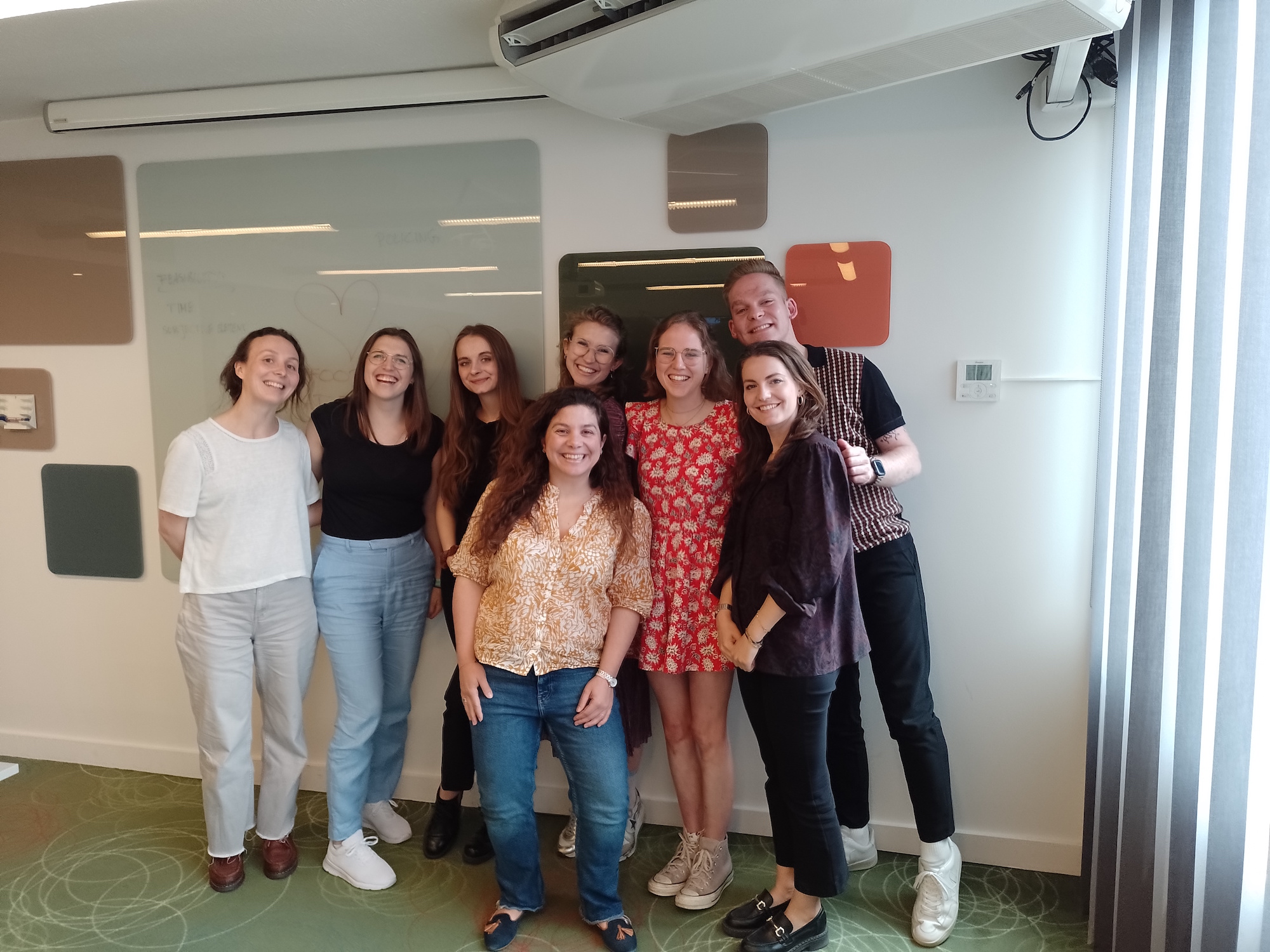The third study module of the Europaeum Scholars Programme took place in Budapest from 26 to 29 August 2024. While Europe is often seen as a hub of democracy, significant challenges are emerging across the continent, including threats to the rule of law, media freedom, and foreign interference. A key takeaway from this module is the understanding that “democracy requires constant investment”.
The week began with a somber statement: “Thank you for accepting the paradox of studying democracy in a place where authoritarianism is on the rise.” This set the tone for an in-depth examination of political polarisation in Europe. Throughout the module, we explored both broad social science perspectives and specific case studies, such as Serbia, focusing on the role of youth and civil society in promoting peace. The call to action, “We have to empower the people to be louder!” resonated throughout our discussions.
A recurring theme was the crucial role of civil society. One speaker highlighted that our current legislative frameworks, particularly those regulating new technologies, did not emerge from government initiatives alone – they were often the result of relentless advocacy by civil society and academia. These groups have been instrumental in raising awareness and drafting regulations, but the next challenge lies in ensuring their effective implementation. We also examined participatory assemblies, analysing their successes and failures, shaped by factors such as media coverage, government commitment, and the clarity of their objectives.
A particularly impactful session focused on responses to autocracy, featuring powerful testimonies from experts. The discussion centered on Viktor Orbán’s rise to power in Hungary since 2010, the surprisingly weak resistance from Hungarian society, the effectiveness of government propaganda, and the country’s growing ties with Russia, China, and Turkey. Despite ongoing mobilisations, these movements did not succeed in challenging the power in place.
The insights gained during the week were invaluable for my thesis research and my work at the Centre on Conflict, Development, and Peace (CCDP). In addition to focusing on social movements, which is central to my thesis, we explored topics such as transitional justice (and the expectations of international courts), the legitimacy of citizen participation, and innovative methods for public policy analysis.



